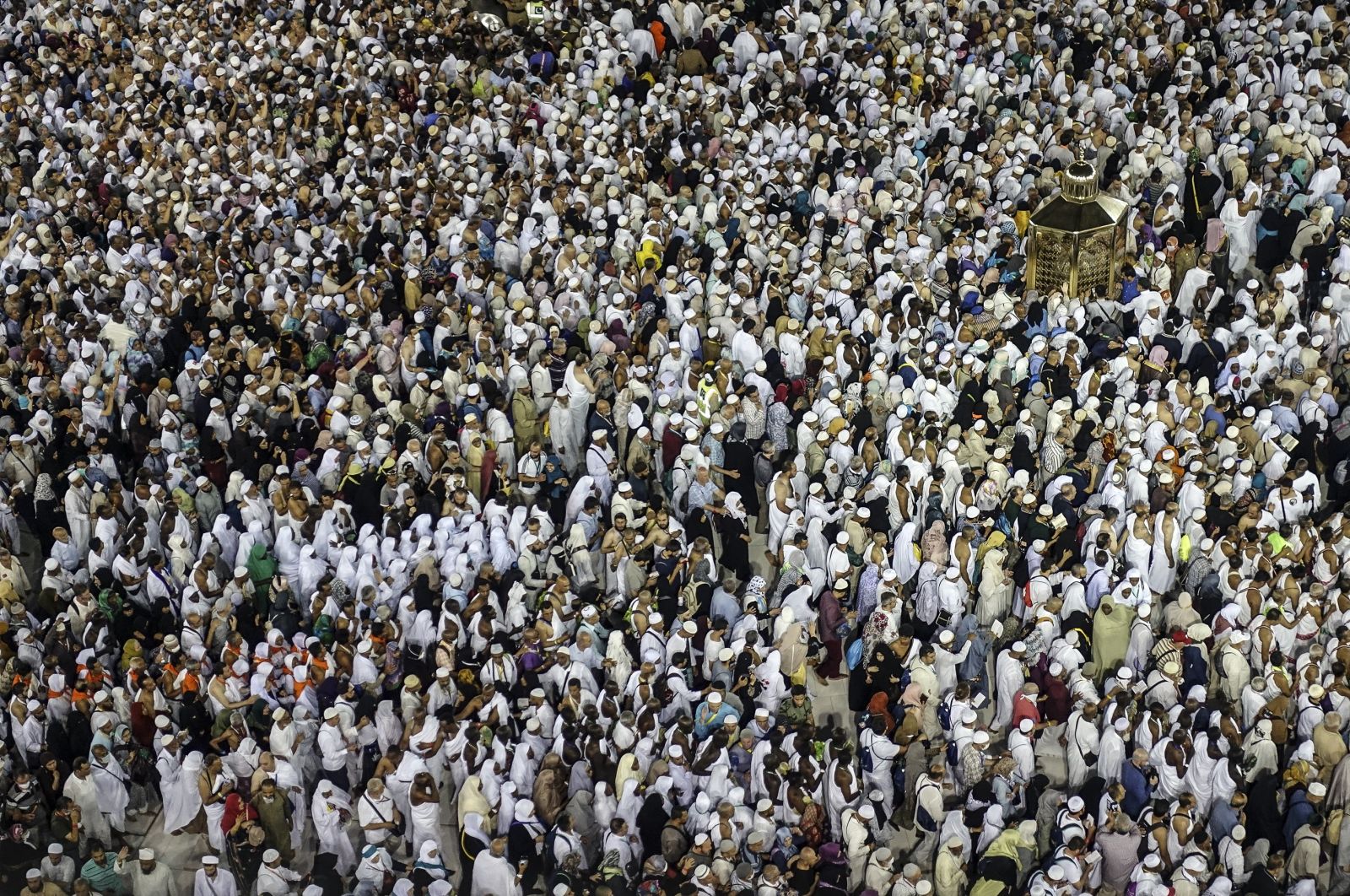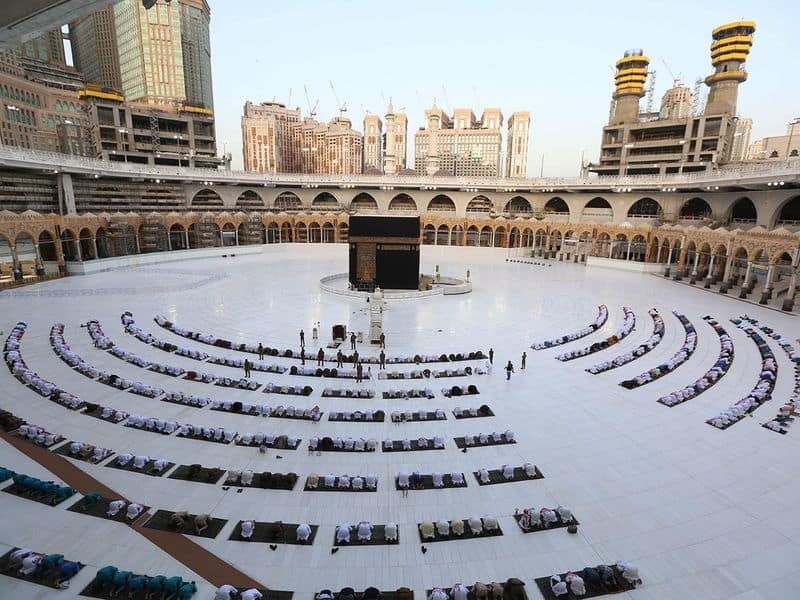As a result of the ongoing coronavirus pandemic and recent spike in global and domestic cases, Saudi Arabia’s Ministry of the Hajj and Umrah announced that it will continue with the Hajj in 2020 but only “a very limited number of pilgrims from various nationalities who already reside in Saudi Arabia” will be able to perform the rite.
As a result the two million pilgrims who typically flock to the holy cities of Mecca and Medina will this year be unable to perform what for many is a once-in-a-lifetime pilgrimage. The kingdom has already suspended the Umrah pilgrimage to curb the virus spread.
“This decision is taken to ensure Hajj is performed in a safe manner from a public health perspective while observing all preventative measures and the necessary social distancing protocols to protect human beings from the risks associated with this pandemic and in accordance with the teachings of Islam in preserving the lives of human beings,” the ministry said.
A number of Arab countries and Muslim leaders from around the world welcomed the decision, which ends months of speculation over the event during circumstances that had prompted some countries like Indonesia to unilaterally cancel the Hajj for their citizens.
The United Arab Emirates, Egypt, Bahrain, Djibouti, and the Arab League all commended Saudi Arabia for making a “wise” decision that respects both religious imperatives and pilgrims’ health and safety.
“This decision is welcomed for two reasons. First, it reflects Saudi Arabia’s keenness to hold the rite of Hajj, and secondly, it is keen at the same time to combat and address the coronavirus pandemic, because large crowds may be a reason for the continuation of the pandemic and its spread,” said Djibouti’s Ambassador to Saudi Arabia, Dya-Eddine Bamakhrama.
Muslims are required to do the Hajj once in their life if they are fit and financially able. This year, the pilgrimage is scheduled to take place from July 28 to August 2.
Pilgrimage revenues are a key source of diversification for the Saudi Arabian economy, which Crown Prince Mohammed bin Salman has committed to reform under the Saudi Vision 2030 plan. Each year the kingdom brings in around $6 billion in revenue due to Hajj, but the annual occurrence is also an important public diplomacy activity that helps Saudi Arabia assert influence amongst the world’s Muslims.


